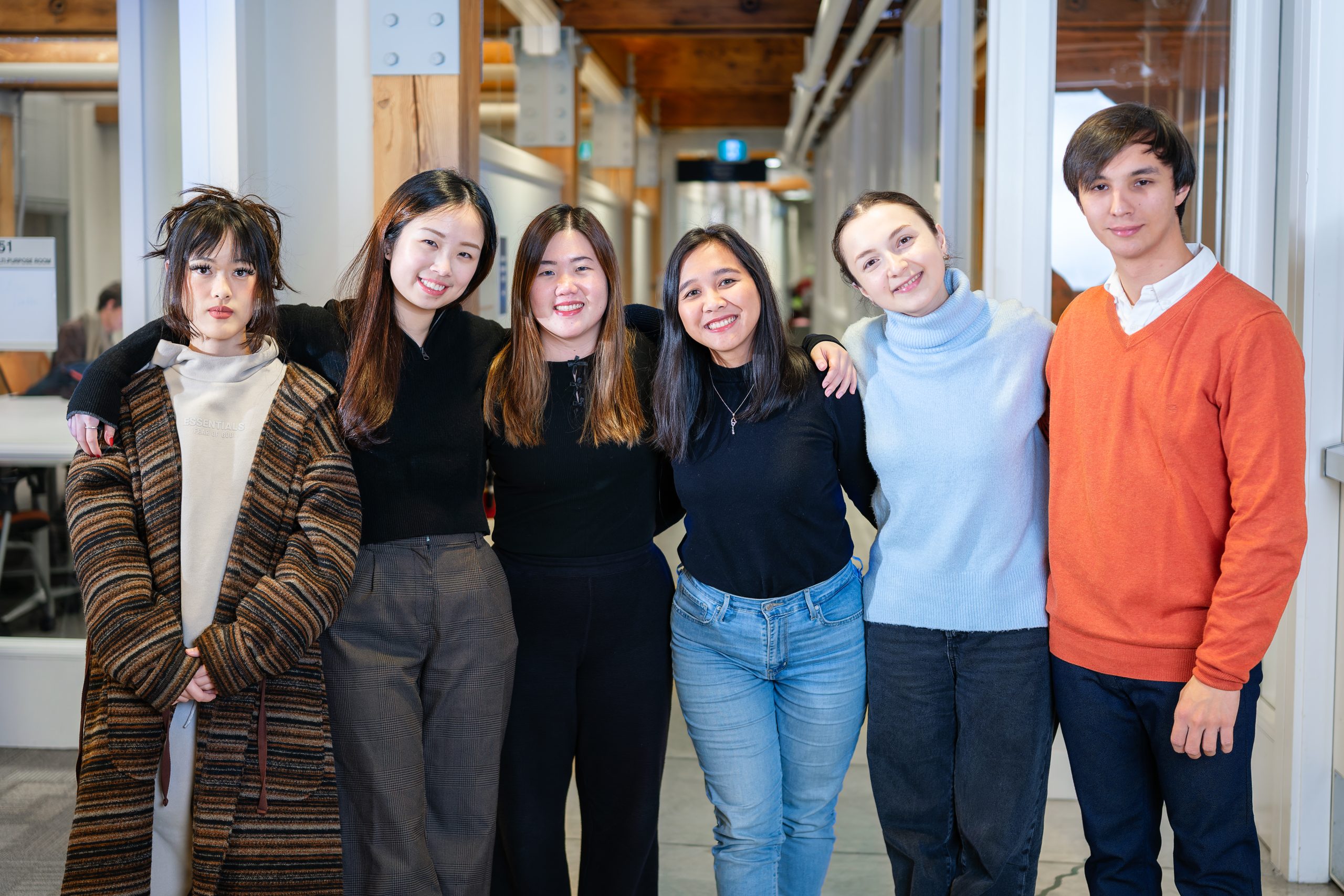

On November 15th, a group of students from our Masters of Public Policy and Global Affairs program (MPPGA) competed in the CARE Sustainability in a Changing Climate Case Competition. The team consisted of students Yueshan Liu, Sheila Erika Suredja, Zahrana Nadifa Ramadhanty, Ilaha Ibrahimova, Thibaut Pellet, and Hang Cheng (Celine) Ip.
The competition was sponsored by the Climate Adaptation, Resilience and Empowerment (CARE) Program, an initiative made possible by funding from the Fondation DRG. The Franco-Canadian partnership is a collaboration between the University of British Columbia, the University of Guelph, and Sciences Po Paris. The program strives to impart the knowledge, skills, and experience needed for students to generate hands-on solutions to address the climate crisis.
The virtual case competition was hosted by the University of Toronto’s Munk School of Public Policy and Global Affairs, with teams from all CARE partner institutions being invited to participated. The students were tasked with the development of comprehensive policy solutions to address a case challenge centred on energy transitions. The opportunity invited students to exercise their knowledge of policy design through an immersive hands-on learning experience. We asked the team to reflect on their main takeaways from the event.
Sheila Erika Suredja: “Joining the CARE Competition was an enriching experience that challenged me to think critically about energy transitions and sustainable solutions. With the invaluable guidance of our mentor, Dan, we developed innovative approaches to address real-world challenges, blending policy insights with creative solutions. His feedback and encouragement helped us navigate the intricacies of Germany’s energy policies and strengthened our final proposal. This experience deepened my understanding of global energy transitions and inspired me to pursue meaningful contributions to sustainable development in the future.”
Zahrana Nadifa Ramadhanty: “I have always been interested in energy issues since my undergraduate years, so the CARE case competition provided a meaningful experience in the sector. I am also grateful for the valuable mentorship that Dan provided us. Overall, it was a great practice for us in applying what we have learned in our classes to solve real-world problems.”
Yueshan Liu: “Participating in the CARE case competition was a pivotal experience that deepened my understanding of the complexities involved in energy transitions. Working collaboratively with my teammates highlighted that successful energy policies must navigate intricate political, social, and regulatory landscapes. The challenge of creating an effective presentation and responding to questions about our policy recommendations taught me how to distill complex ideas into clear, persuasive narratives.”
Thibault Pellet: “Taking part in this CARE case competition was a valuable and insightful experience that allowed us to connect with bright spirits from across the world and will no doubt be of use in our paths. The most important and enriching opportunity for me resided in learning how knowledge can be translated into policy making. Our mentor Dan gave us the keys to acquire the technical and communication skills to construct realistic policy alternatives based on available data & accumulated knowledge and to convey that information in an efficient and straightforward manner to convince a professional audience.”
Ilaha Ibrahimova: “One of the key lessons I gained from the CARE case competition was the importance of thoroughly understanding the policy background, including local contexts and specific nuances. A strong foundation allows us to propose more durable and effective policy solutions. Overall, this experience was insightful in exploring Germany’s major challenges in its energy transition.”
Celine Ip: “One of the key takeaways from the CARE case competition was the importance of looking at the complete picture in policymaking. While there were various effective policies we came up with at the beginning, the competition challenged us to consider the budget, priorities and political feasibility of each policy option. I gained insight into the realities faced by policymakers: every option carries risks but having a robust mitigation plan is what ultimately determines a policy’s success. Also, the experience of creating a persuasive presentation and defending my recommendations in real time is valuable for my future career in advocating for policy changes.”


